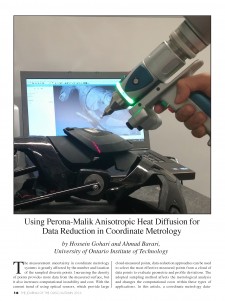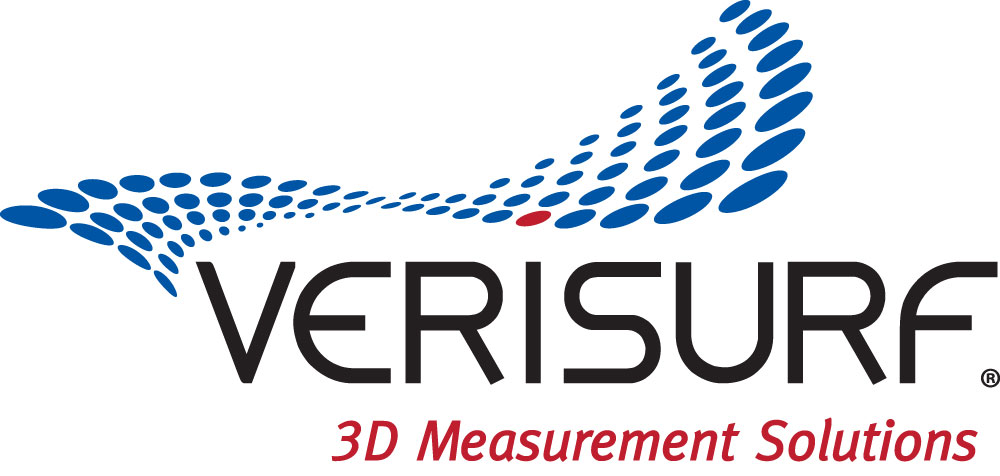
|
Download Members: $0.00 Non‑Members: $75.00 |
Buy Now |
Publication Details
| Published Date: | |
|---|---|
| Authors: | Hossein Gohari, Ahmad Barari |
| Company: | CMSC |
| Print Format: | Technical Paper |
| Citation: | Hossein Gohari, Ahmad Barari, "Using Perona-Malik Anisotropic Heat Diffusion for Data Reduction in Coordinate Metrology," The Journal of the CMSC, Vol. 11, No. 2, Autumn 2016 |
Abstract
The measurement uncertainty in coordinate metrology systems is greatly affected by the number and location of the sampled discrete points. Increasing the density of points provides more data from the measured surface, but it also increases computational instability and cost. With the current trend of using optical sensors, which provide large cloud-measured points, data-reduction approaches can be used to select the most effective measured points from a cloud of data points to evaluate geometric and profile deviations. The adopted sampling method affects the metrological analysis and changes the computational costs within these types of applications. In this article, a coordinate metrology data reduction method is presented to estimate the geometric deviation zones using anisotropic heat diffusion. The Euclidian distances of the measured points from the ideal surface are considered as the independent variable in the diffusion equation. The location term is discretized by finite differences, and the temporal term is estimated by the forward Euler method. The developed methodology decreases the number of unimportant measured points. The results represent the capability of the proposed methodology to significantly reduce the computational cost without imperiling the accuracy of the deviation zone estimation.






